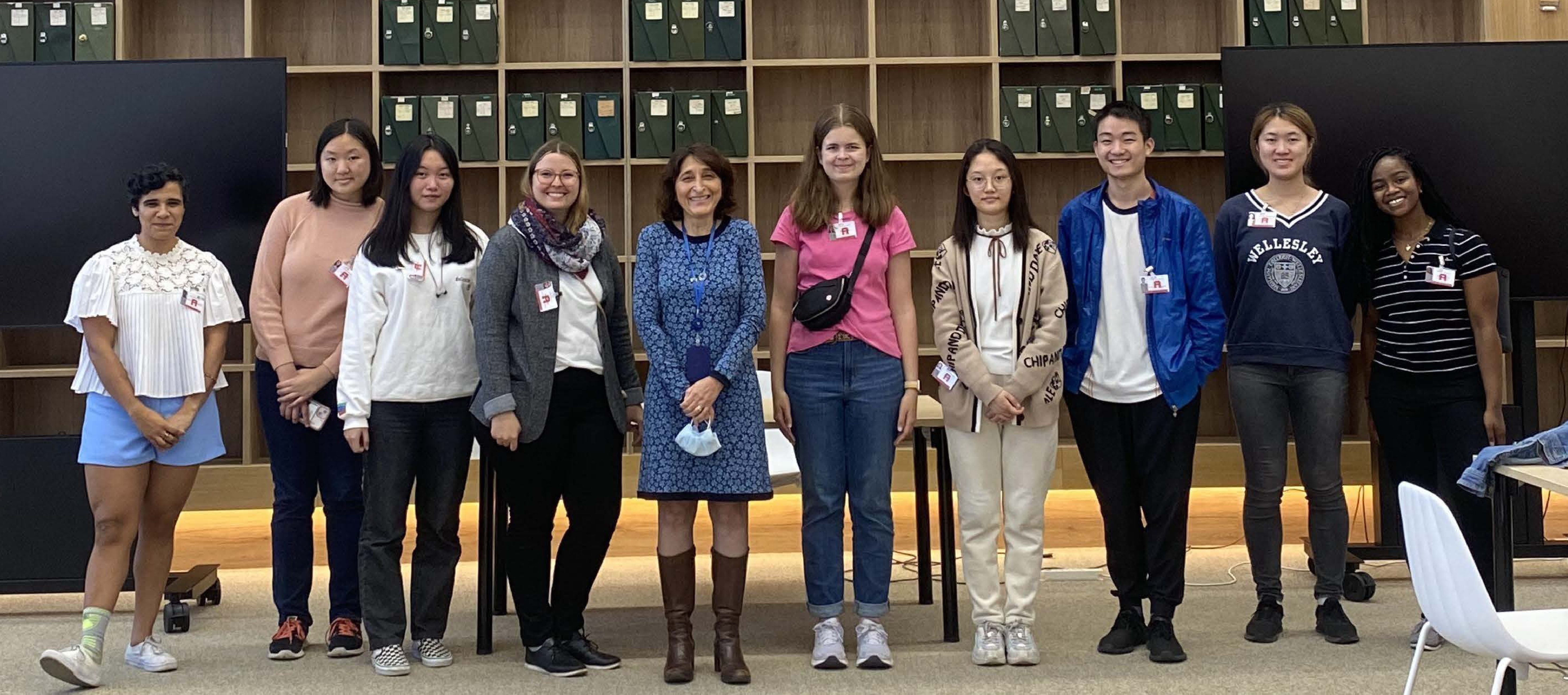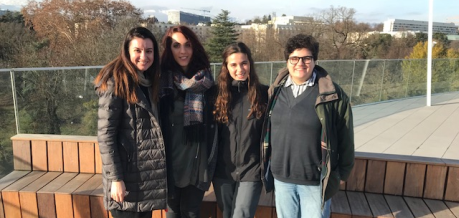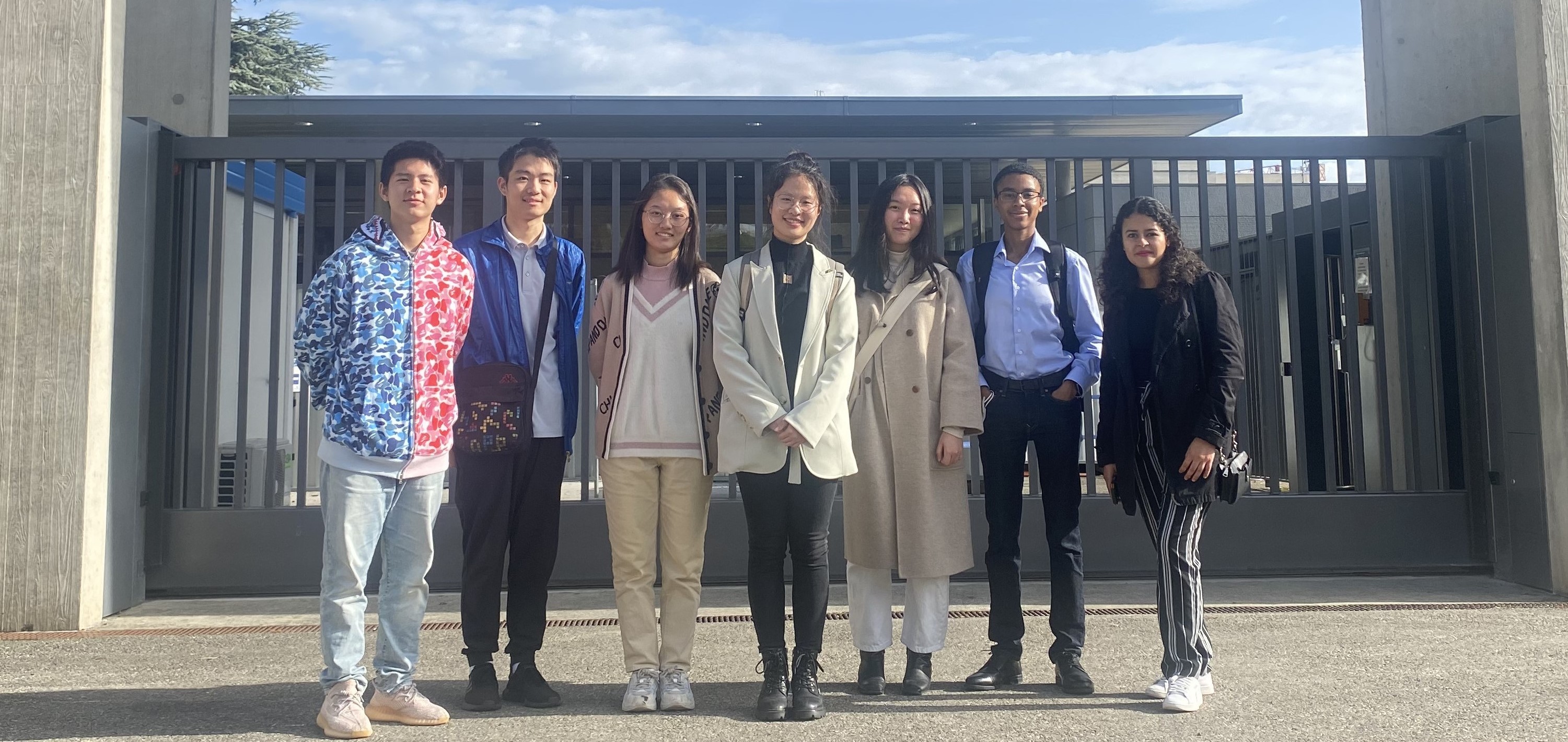Curriculum (30 ECTS)
The curriculum (30 ECTS) is composed of:
I. TWO substantive course
2 hours of class per course run over 14 weeks, 6 ECTS/course
1. THE ROLE OF LAW IN INTERNATIONAL RELATIONS, Prof. Andrea Bianchi, International Law
International law is a discursive practice used in international relations to deal with legal claims. It is best conceived as a language used by a group of people interacting in a social practice. This basic international law course is designed to acquaint students with the main concepts and principles of contemporary public international law. It will cover, among others: the nature and function of international law; customary international law; treaties; general principles of law and soft law; the role of States, international organizations, NGOs and individuals in the international legal system; jurisdiction of States to prescribe and enforce law; foreign sovereign immunity and diplomatic immunities before municipal courts; obligations of States under international human rights law; use of force and the UN collective security system. The course will also consider the relationship between international law and municipal legal systems as well as international law enforcement mechanisms. Particular emphasis will be placed on discussing actual cases with a view to ascertaining how the main actors of international law behave. Ultimately, the goal is to train students to speak competently the language of international law and to teach them how to argue and interact in the different professional settings where the language of international law is spoken.
28 hours (2h/14 weeks), equiv. 6 ECTS
2. MACROECONOMIC POLICY IN OPEN ECONOMIES, prof. Cédric Tille, International Economics
This course introduces students to international economics, with an emphasis on macroeconomics. The course presents the key issues in a non-technical manner, and details what role policy can play and how it can play it. The course starts with the determinants of international trade, and the current policy challenges. It then moves to the determinants of the balance of payments, international capital flows, and exchange rate. We contrast the pattern in the long run – once the economy has adjusted – and the short run. The course then presents the evolution of the international monetary system, its actors, and how the policy focus has evolved through time.
28 hours (2h/14 weeks), equiv. 6 ECTS
II. three courses at the MA-level
2 class hours/week per course run over 14 weeks, 6 ECTS/course
Choose three courses from a large range of themes (international law, political science, international economics, history of international relations, anthropology and sociology of development). Check out the course catalogue (some courses are subject to prerequisites)
Examples of master courses chosen by our students:
Autumn Semester
Peripheral Visions: The Birth and Evolution of Japanese Imperialism (1850-1937)
Transnational Legal Processes
Migration and Development
Political Economy of Contemporary China
Poverty and Inequality
Spring Semester
Economic Development of Resource-Rich Countries
Gender and International Affairs
Internet Governance: the Role of International Law
Medical Anthropology II: Contemporary Approaches to Biomedicine, Technology and Global Health
Global Migration Governance
III. immersion programme | Visits to International Organisations as well as discussions with their representatives
3 ECTS
This workshop series features speakers from the United Nations, World Trade Organization, World Health Organization, UN High Commission for Refugees, International Committee of the Red Cross, US Mission in Geneva, Doctors without Borders, etc., to discuss current issues and present organisational challenges, including professional trajectories.
IV. French Language Course *
2 hours/week run over 10 weeks, 3 ECTS (from beginner to intermediate levels).







